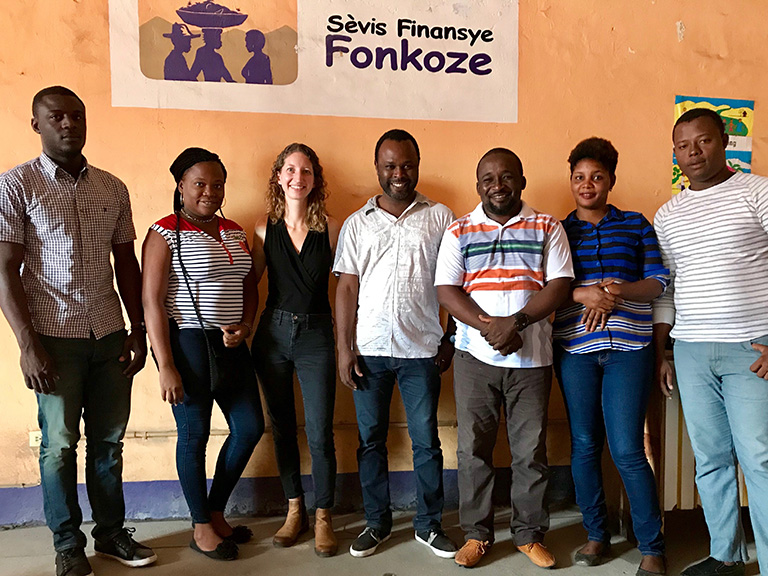You will learn to conceptualize a public health problem, design epidemiological studies, collect and analyze data, then interpret and disseminate results to a broad range of individuals and communities. In addition to core subject areas of biostatistics, environmental health, epidemiology, public health administration, and social and behavioral science, you will complete advanced coursework in epidemiological methods, and the epidemiology of chronic, infectious and social diseases. Some epidemiology students choose to earn an additional major.
You will also have many opportunities to work on public health research projects with faculty members. Our research interests include cardiovascular and cancer epidemiology using large, ongoing cohorts. In your final semester, you will complete an in-depth applied learning experience, providing you with a practical understanding of some of the day-to-day work of this exciting field. Epidemiologists are in demand in state, county, and city public health agencies; private corporations; the federal government; and international organizations. Coaches in our Office of Career Services will help you navigate the professional landscape.
 With a concentration in epidemiology, you will learn some of the most sought-after skills in the field of public health. You will examine patterns of disease, as well as disease prevention and wellness. Through rigorous coursework and extensive field experience, this Master of Public Health degree will prepare you to take on a leadership role in public health, academia, or the private sector.
With a concentration in epidemiology, you will learn some of the most sought-after skills in the field of public health. You will examine patterns of disease, as well as disease prevention and wellness. Through rigorous coursework and extensive field experience, this Master of Public Health degree will prepare you to take on a leadership role in public health, academia, or the private sector.
